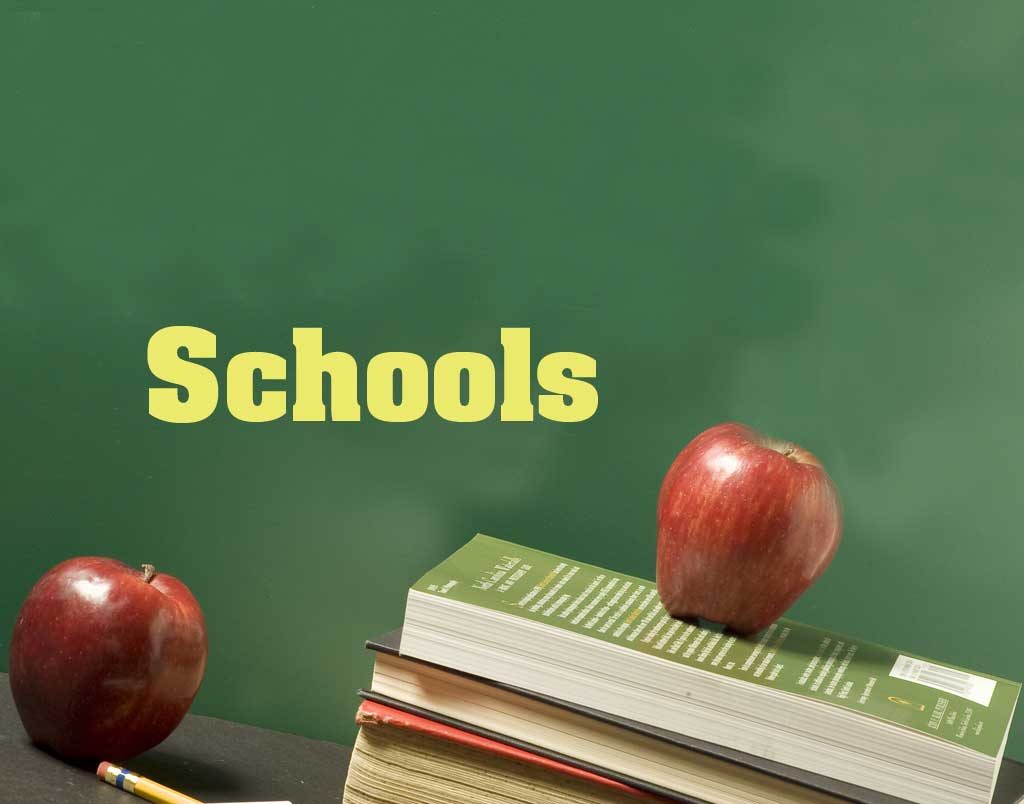JACKSON – The members of the Jackson School District Board of Education have introduced a $150.6 million budget to fund the operation of the school district during the 2021-22 academic year.
The budget will be supported in part by a tax levy of $97.5 million to be collected from Jackson’s residential and commercial property owners.
The budget was introduced on March 17. A public hearing has been scheduled for April 28 during which residents may ask questions about the budget. The board may revise the budget until the public hearing is held.
For the 2020-21 school year, the board adopted a $152.6 million budget. Property owners paid $95.79 million to support the budget.
From 2020-21 to 2021-22, the school district’s total budget has decreased by $2 million, but the local tax levy has increased by $1.71 million.
In 2020-21, Jackson’s school tax rate was $1.39 per $100 of assessed valuation. The owner of a home assessed at $250,000 paid about $3,475 in school taxes, the owner of a home assessed at $325,000 paid about $4,520 and the owner of a home assessed at $400,000 paid about $5,560.
In 2021-22, Jackson’s school tax rate is projected to increase to $1.41 per $100 of assessed valuation. The owner of a home assessed at $250,000 will pay about $3,525 in school taxes, the owner of a home assessed at $325,000 will pay about $4,580 and the owner of a home assessed at $400,000 will pay about $5,640.
The average home in Jackson is assessed at $329,181 and the owner of that home will pay about $4,640 in school taxes (1.41 x 3,291).
School taxes are one item on a property owner’s total tax bill, which also includes Jackson municipal taxes and Ocean County taxes.
State aid for Jackson’s schools has continued to decrease under the terms of a state law known as S-2 that was enacted in 2018. The reduction in state aid is expected to continue through the 2024-25 school year.
Administrators said the school district will lose $4.23 million in state aid for the 2021-22 school year. The district has lost $7.1 million in state aid over the last three years and will lose $19 million over seven years.
During the 2018-19 school year, Jackson received $48.77 million in state aid. During the 2019-20 school year, state aid decreased to $46.47 million. During the 2020-21 school year, Jackson received $42.99 million in state aid. For the 2021-22 school year, Jackson will receive $38.75 million in state aid.
The reduction in the district’s state aid is made as administrators deal with other annual factors in the budget, including contractual obligations; rising costs for items such as software licenses; gas prices; increasing insurance premiums; tuition increases to send some students to out-of-district educational facilities; and changes to the district’s health plan.
Administrators said the 2021-22 budget maintains investments in curriculum and technology. They said the proposed budget does not allow them to make needed capital improvements or significant curricular advancements. Administrators said the budget will increase class size in some grade levels.
Administrators said Jackson has received COVID-related Elementary and Secondary School Emergency Relief II funds (ESSER II) which are being used to measure and effectively address learning loss.
Even with the ESSER II funding, the impact of the S-2 state aid reduction and increasing costs will impact the district greatly, according to administrators.
Additional impacts being attributed to the lost state aid for 2021-22 include the loss of 40 positions through attrition, retirements and a reduction in force, which will increase class sizes; curriculum adoption will be reduced to what administrators described as the bare minimum of updates needed to maintain programs; the loss of the majority of Jackson’s Tier 1 capital projects; a reduction in summer curriculum writing; significantly reduced professional development; a reduction in school supply budgets; and an increase in participation fees for sports and activities.
The participation fees were put on hold during the current school year due to COVID-19.
Administrators said the 2020-21 school year saw a reduction in staff members, including administrative positions, budget cuts in all departments and the elimination of all capital improvement projects, with the exception of an energy savings program.

